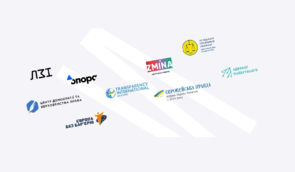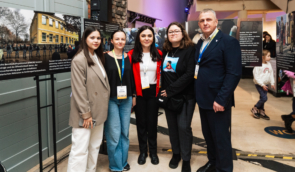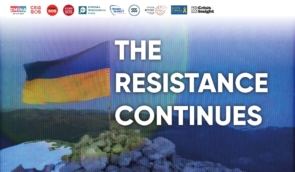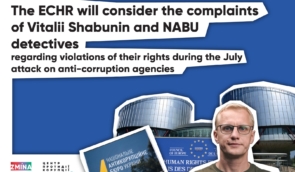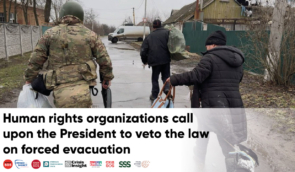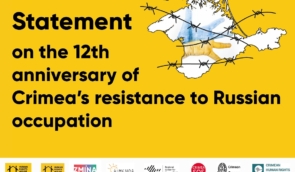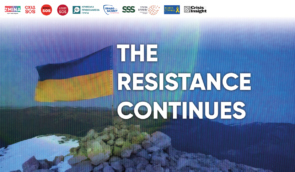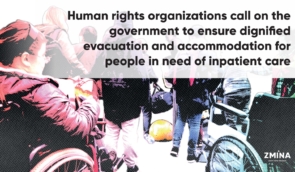Human rights defenders bring documented economic, social and cultural rights violations in occupied Ukrainian territories to the UN
During its 60th session in Geneva, the UN Human Rights Council hosted a side event titled “From Discrimination to Demographic Engineering: Systemic Abuses of Economic, Social, and Cultural Rights in the Occupied Territories of Ukraine”. The event gathered diplomats from multiple countries and highlighted the UN Committee on Economic, Social and Cultural Rights’ review of the Russian Federation, which documented severe violations in its concluding observations.
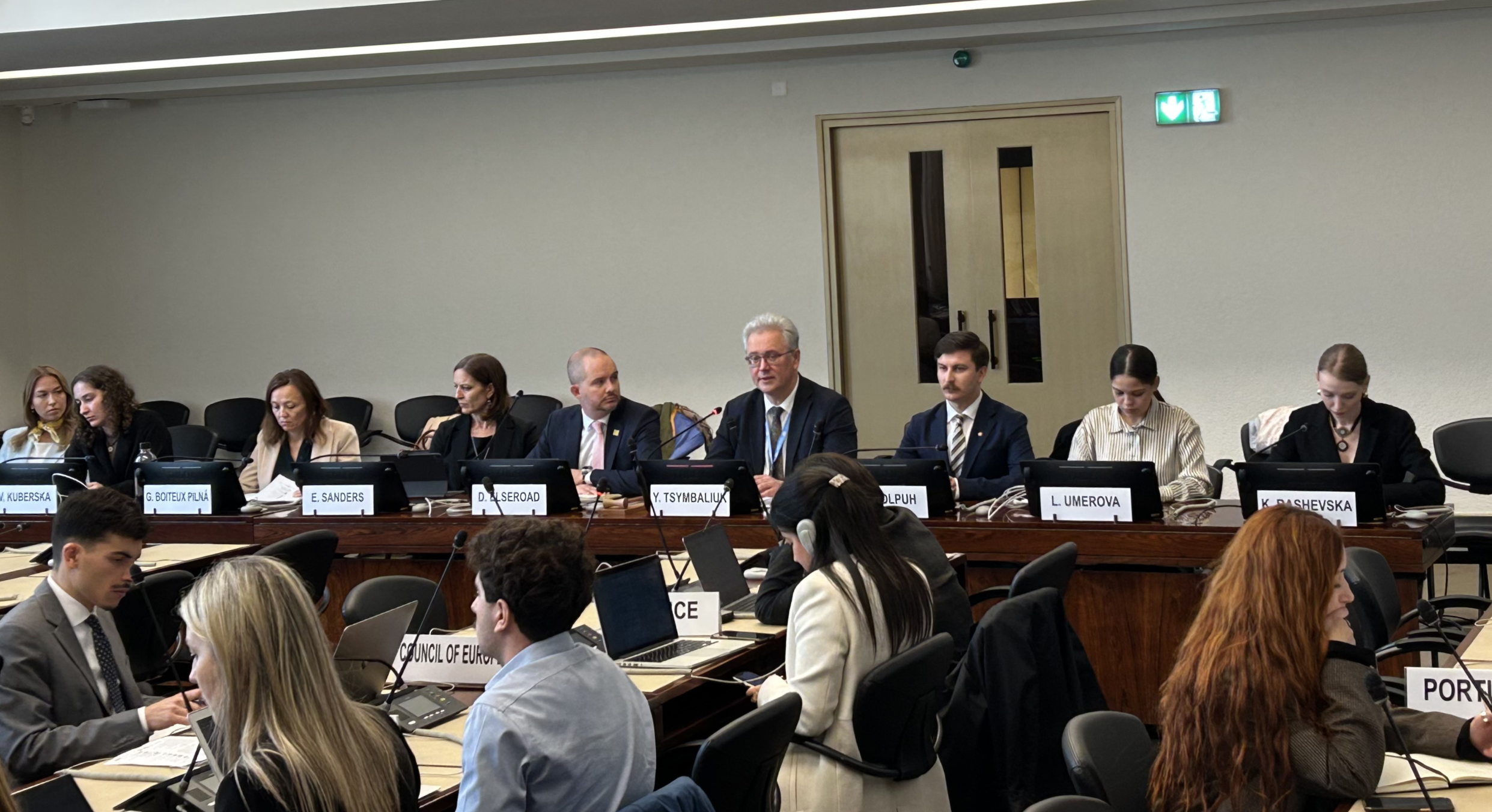
The side event opened with warnings about the human cost of Russia’s occupation of Ukrainian territories. Ambassador Yevhenii Tsymbaliuk, Permanent Representative of Ukraine to the UN in Geneva, emphasised:
“Unable to defeat Ukraine militarily, Russia has turned to methods aimed at breaking the Ukrainian spirit by attacking the very foundations of human life — our culture, our language, our education, our homes, and even our right to health. In the context of Russia’s ongoing occupation of Ukrainian territories, systemic violations of human rights, including economic, social, and cultural rights, have become tools of control. Residents of Crimea and other temporarily occupied regions face discrimination and stigmatisation on political, national, and linguistic grounds”.
Ambassador Eleanor Sanders, UK Human Rights Ambassador and Deputy Permanent Representative of the UK to the UN in Geneva, added that nearly 12 years after the Russian occupation, there is now a generation of children who have grown up against a backdrop of cultural repression and denial of identity in Crimea:
“Those indigenous to Crimea, including the Crimean Tatar community, have been denied access to healthcare, their property, education and in some cases their own language. We know that large numbers of children have been forcibly deported and subject to militarisation. This amounts to demographic manipulation“.
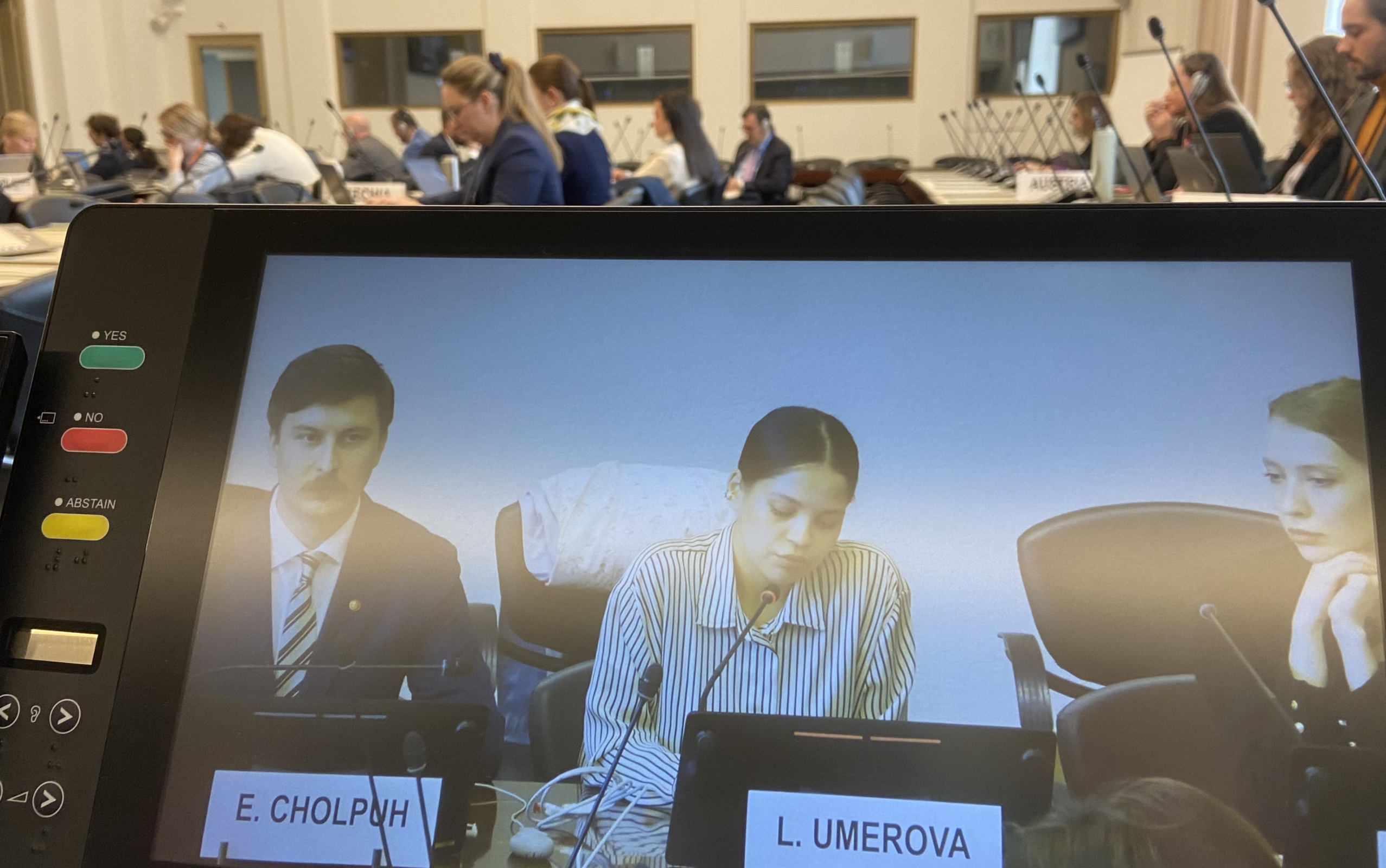
Crimean Tatar and former political prisoner Leniie Umerova shared her experience:
“In 2014, when Russia seized Crimea, I was only sixteen. Russia forced me to choose: stay under occupation and take a Russian passport, or leave my home. Forced passportization in the occupied territories of Ukraine is a form of violence. Without a Russian passport, you cannot get an education or medical care; you are unsure about tomorrow because your home can be taken away and handed over to the military“.
She recounted that in 2022, she was abducted by Russian security services while on her way to see her critically ill father, targeted because of her Crimean Tatar heritage and her refusal to accept a Russian passport. Leniie spent nearly two years in Russian prisons.
“You think things like this only happen in movies, but when Russia knocks on your door, you realise this movie is about you. Just try to imagine: abduction, cold cells — concrete-and-steel cages for people. Bags over your head. Endless interrogations. Constant psychological pressure. The feeling that your life no longer belongs to you. These places aren’t created to punish. They’re created to break your body, mind, and identity,” said Umerova.
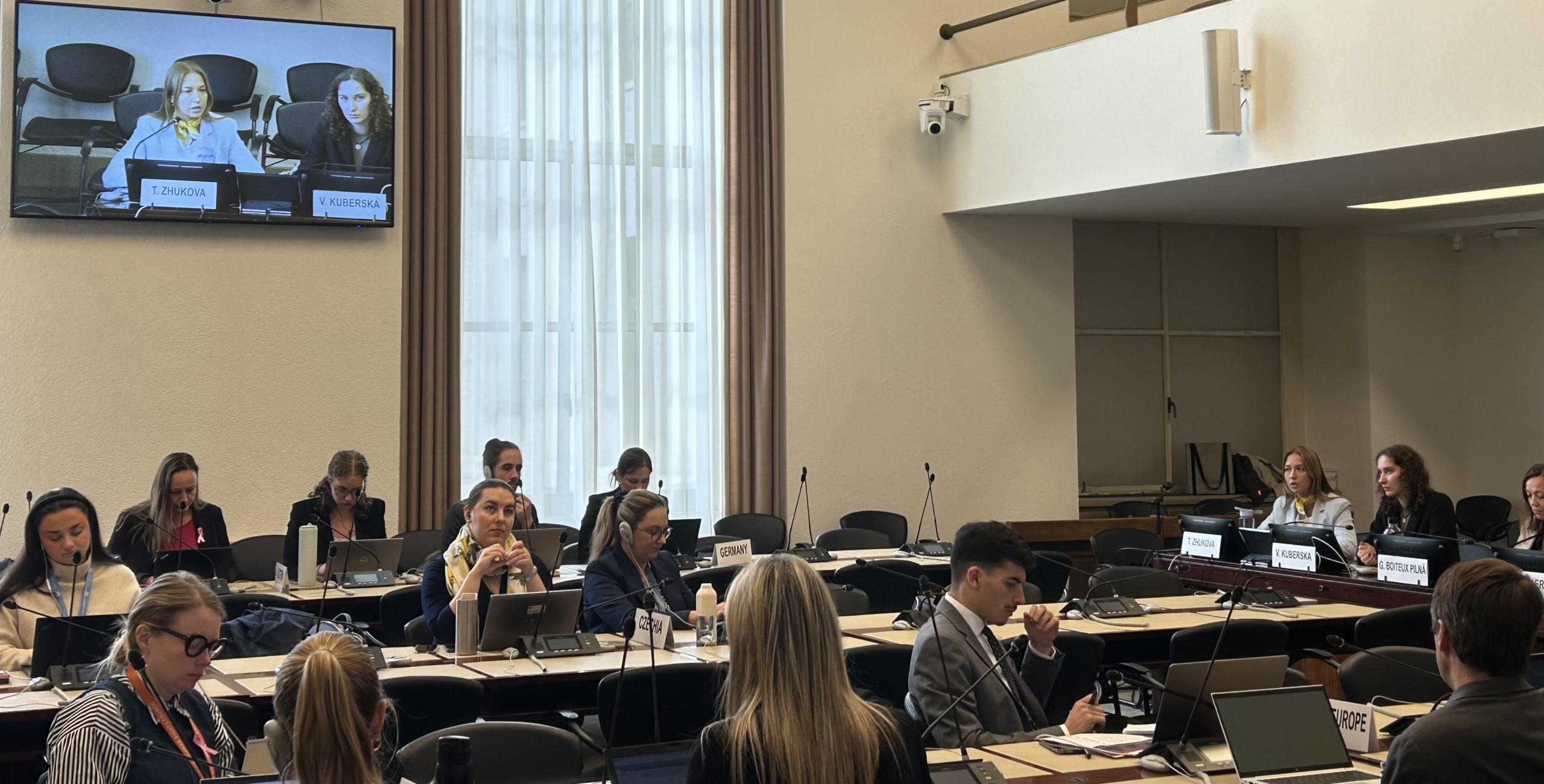
Tetiana Zhukova, International Advocacy Manager of ZMINA, confirmed that the conditions of detention both in the occupied territories and on the territory of the Russian Federation are unacceptable and inhumane. Prisoners are kept in overcrowded cells, subjected to torture, and systematically deprived of essential medical aid and examinations, denied access to medicines, refused urgent hospitalisation, and their requests and complaints are constantly ignored.
“In August 2023, we presented the “Hafarov-Shyring” list, a list of Crimean political prisoners in need of urgent medical care. At that time, there were 45 political prisoners with health issues, at least 21 of them were in a critical state. As of 2025, ZMINA is aware of about 100 political prisoners who have health problems, 46 of whom do not receive the necessary medical care at all. It shows a disappointing trend: over the past two years, the health situation of political prisoners has worsened twofold,” emphasised Zhukova.
In many cases, political prisoners suffer from multiple chronic illnesses, often compounded by injuries sustained in detention or by inadequate treatment of infections. Some developed illnesses while imprisoned, and others have disabilities that make detention incompatible with their condition. Zhukova emphasised that the denial of the right to health can be fatal: three Crimean political prisoners — Kostiantyn Shyring, Dzhemil Hafarov, and Rustem Viratti — have already died behind bars.
“The right to health is massively weaponised by Russia against political prisoners and civilian detainees in the framework of its persecution policy. It openly disregards the fundamental values of this Human Rights Council and the international law designed to protect not only Ukraine, but all of us,” Zhukova summarised.
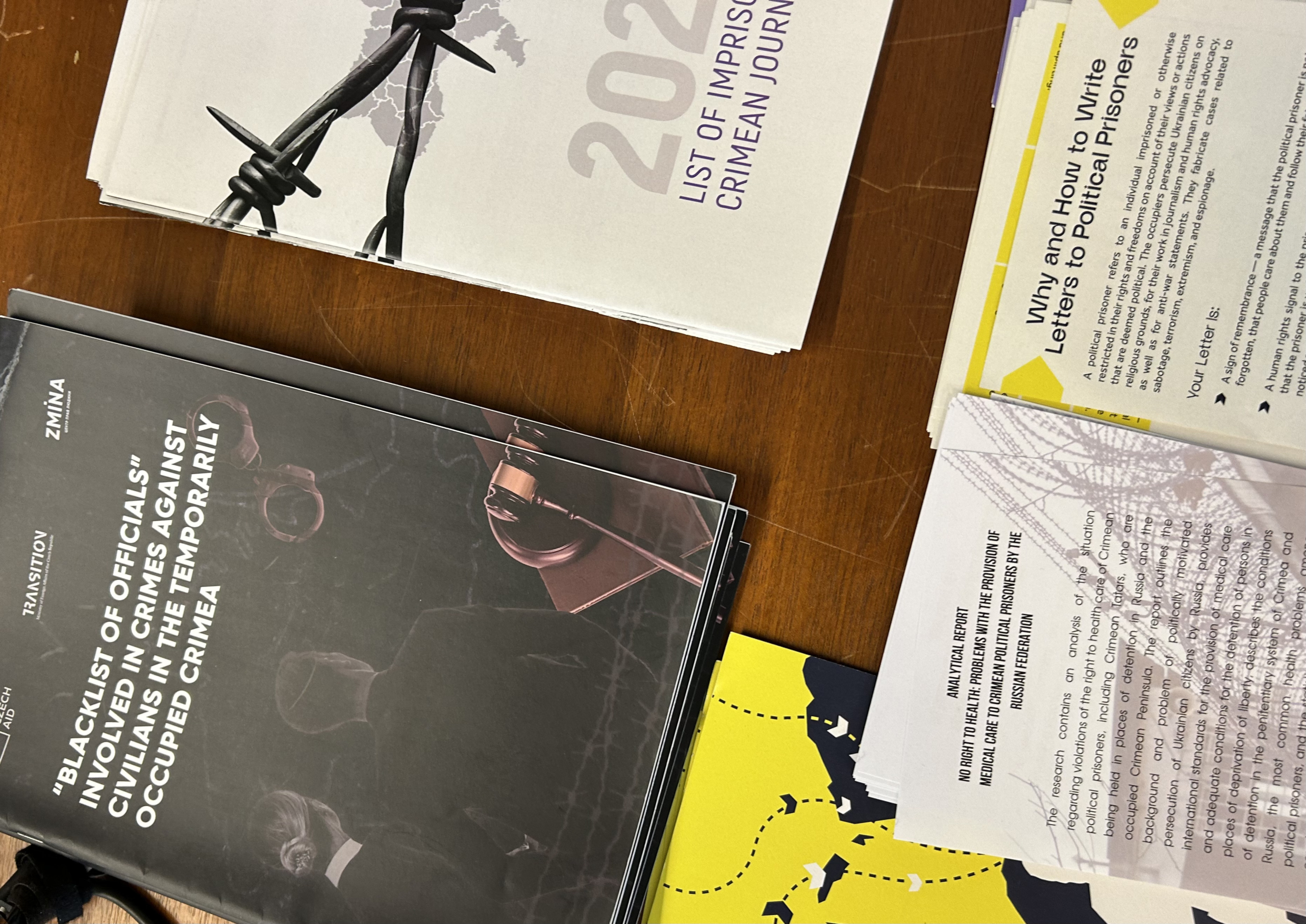
Elvis Cholpukh, President of the Assembly of Crimean Organizations in Europe, added that the persecution of the local population, the systematic banning of representative bodies of the Crimean Tatar people, the reduction in the number of schools and classes with Crimean Tatar as the language of instruction, and the transfer of artifacts from illegal excavations in Crimea to Russia are all elements of a colonial policy that the Russian Federation is consistently pursuing in the occupied Crimea.
“This policy is a direct continuation of the Soviet regime’s practices of Russification and colonisation of Crimea. Its goal is the destruction of the national identity and cultural heritage of the Crimean people (Crimean Tatars), their marginalisation in public and political life, and their displacement from their historical homeland,” explained Cholpukh.
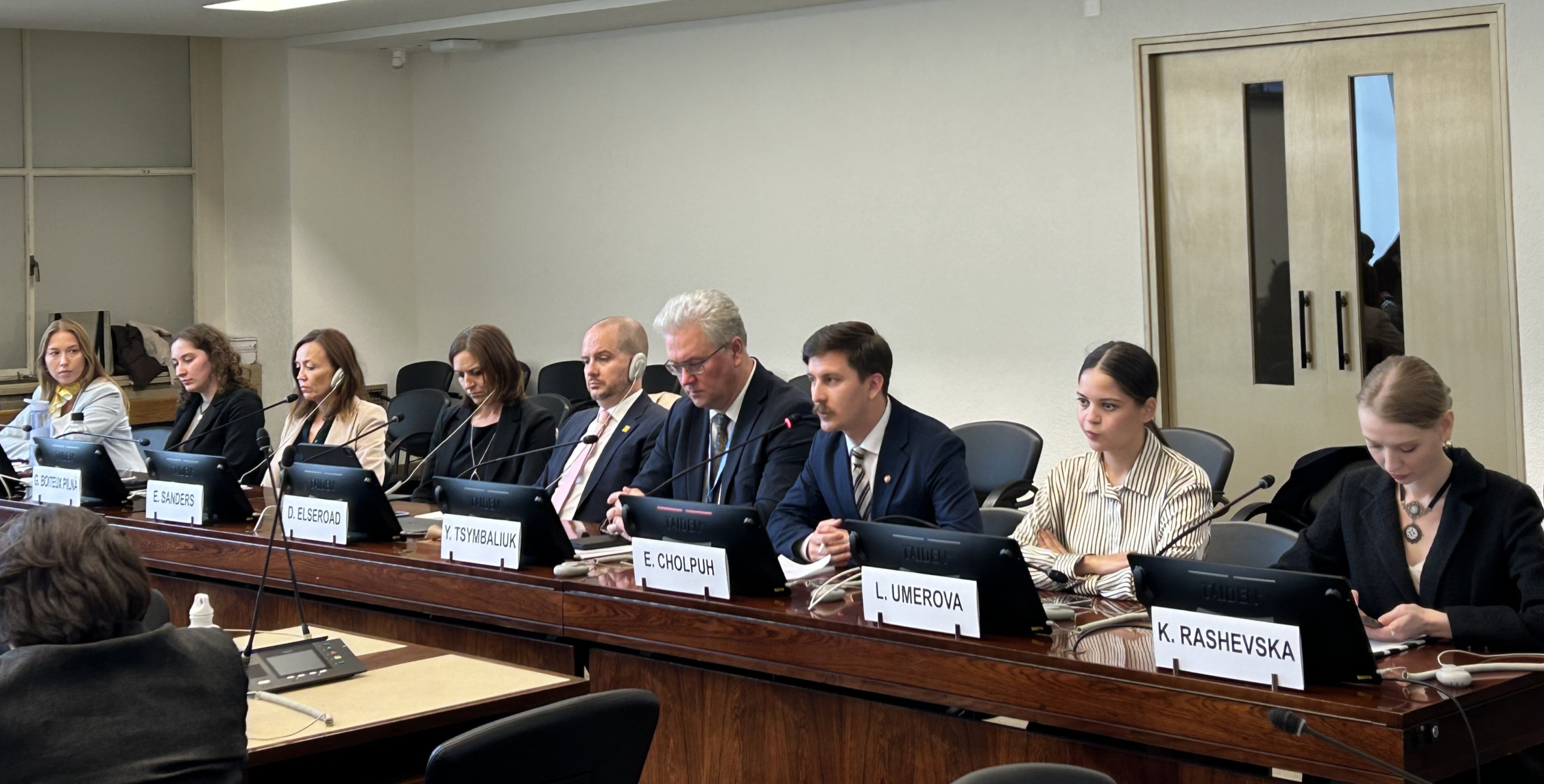
Valeriia Kuberska, a Lawyer at Almenda, highlighted that children are another vulnerable category of the population. She specified that there are approximately 1.6 million minors under occupation. For 11 years, Russia has been creating a complex system of indoctrinating and militarising them.
“Analysis of Russian textbooks in occupied territories show that the education is focused on glorification of war, militarisation of children and erasure of their Ukrainian identity. There are clear cases of propaganda of war: systematic glorification of Russian soldiers is actively carried out through educational and extracurricular activities. In addition, Russia almost fully blocked access to Ukrainian education, leaving no choice for children and their parents,” said Kuberska.
She added that Russia systematically uses instruments of “countering extremism” as a tool of repression against Ukrainian identity. Children, teachers, and parents who demonstrate a pro-Ukrainian stance are placed under scrutiny.
“Russia‘s instrumentalisation of the educational process and so-called “counter-extremism” activities serves not only to control behaviour, but also to reshape the consciousness of the younger generation in line with Russian narratives. This is reflected in the imposition of a Russian identity, the discrediting of Ukrainian symbols and history, and the cultivation of an atmosphere of fear and submission. The result is the formation of distorted or dual identities, which in the long term undermines reintegration efforts and threatens the unity of Ukrainian society,” concluded Valeriia.
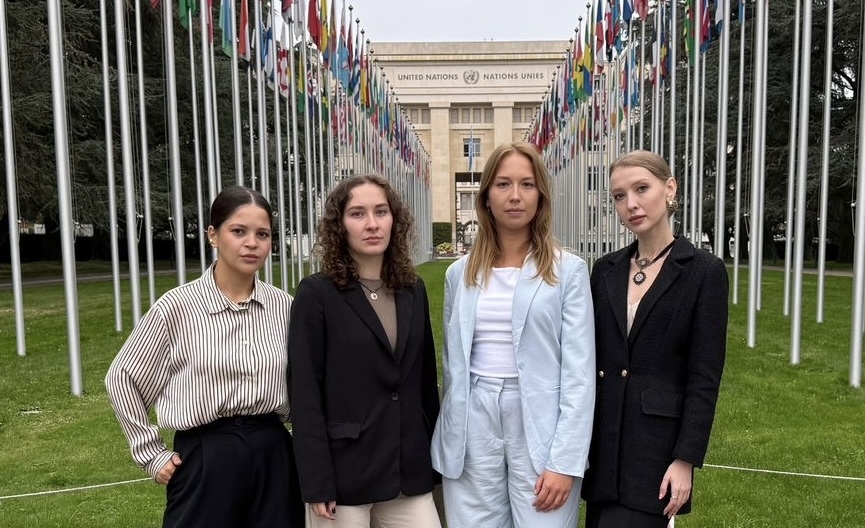
Kateryna Rashevska from the Regional Center for Human Rights summarised that all these practices, including deportation and forcible transfer of children, their indoctrination and militarisation, destruction and appropriation of cultural heritage, colonisation of occupied territories by Russian citizens and mass unlawful seizure of private property, constitute a forcible change of the demographic composition in occupied territories.
“At its core, it is an attempt to deny Ukraine’s right to exist as a sovereign state and to forcibly subjugate part of the Ukrainian nation,” noted Rashevska.
“And here is what hurts the most: this isn’t happening in the dark chapters of history — it is happening now, in the 21st century. In a world that can fly to space, yet still has not learned how to stop repression and deportation. In a world that talks about human rights at forums, but does not show up where those rights are being systematically destroyed, day after day. Let’s not talk about sympathy today. Let’s not admire courage. Let’s act!” urged former political prisoner Leniie Umerova.
In conclusion, the event closed on a note of both realism and resilience. Minister-Counsellor Gabriela Boiteux Pilná, Deputy Permanent Representative of the Czech Republic to the UN in Geneva, reminded that even in the darkest moments, moral clarity must prevail. Quoting former Czechoslovak and Czech President Václav Havel — himself a political prisoner — she said:
“Hope is not the conviction that something will turn out well, but the certainty that something makes sense, regardless of how it turns out”.
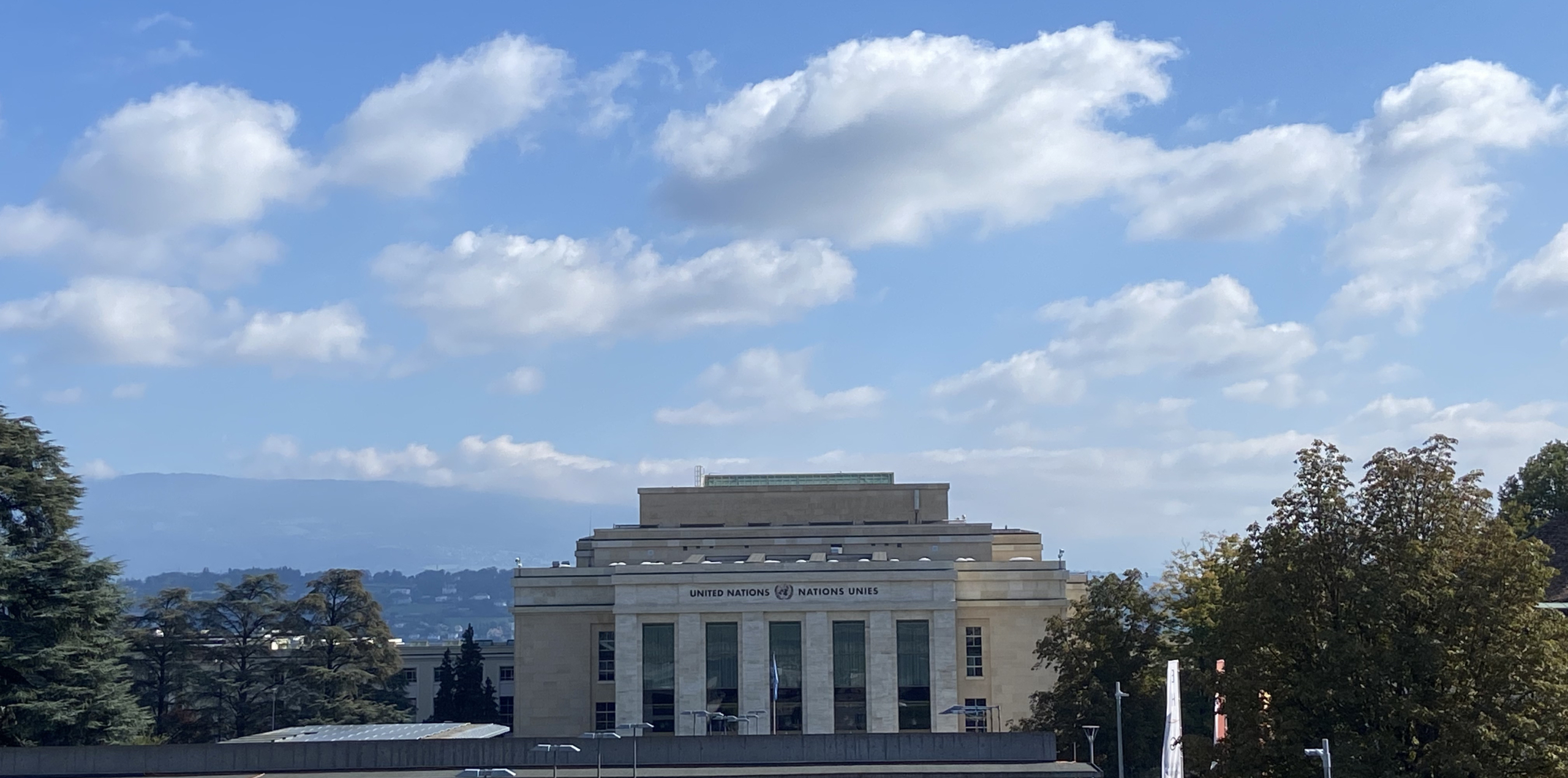
The side event was moderated by Dave Elseroad, Head of Advocacy and Geneva Office at the Human Rights House Foundation, and was organized by the Permanent Mission of the Czech Republic, the Permanent Mission of Ukraine, the Permanent Mission of the United Kingdom, Human Rights Centre ZMINA, Crimea SOS, CCE “Almenda”, Regional Center for Human Rights, and Human Rights House Crimea. It was made possible with the financial support of the Ministry of Foreign Affairs of the Czech Republic.
In the framework of the advocacy visit to Geneva, human rights defenders also met with various States’ Missions to the UN, UN Special Mandates, and the ICRC.
If you have found a spelling error, please, notify us by selecting that text and pressing Ctrl+Enter.

